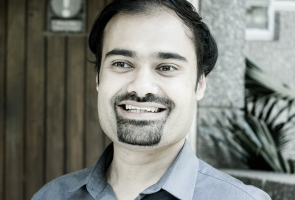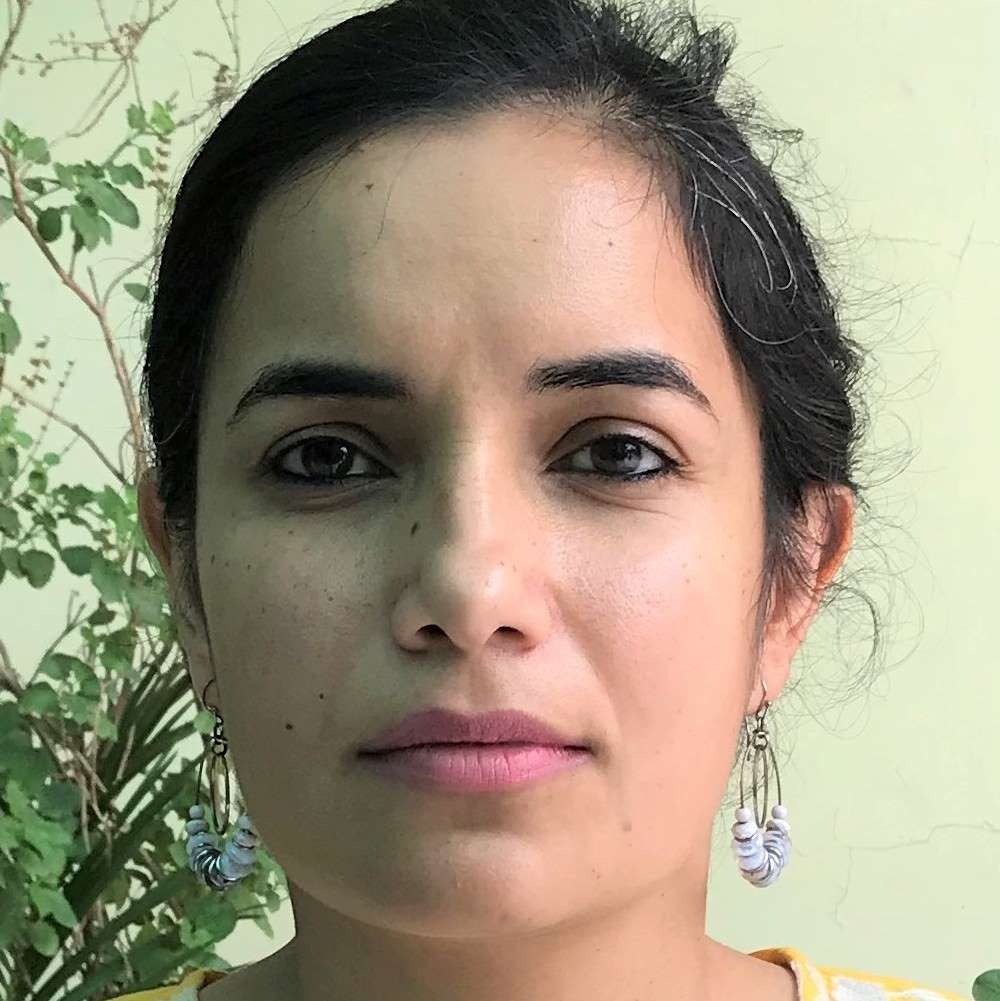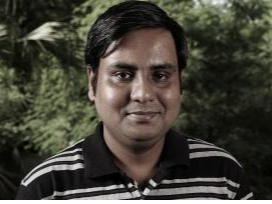There are no items in your cart
Add More
Add More
| Item Details | Price | ||
|---|---|---|---|
1
2
3
Please note:
The Course has already been conducted.
The recording of the workshop are now available for you to learn from.
Certificates are not included in the pre recorded Courses.
Register to enter the session to gain profound Knowledge and insight.
Dr Neelanjan Sircar
Dr Khushdeep Kaur
Dr. Kaur recently completed her PhD in Geography and Urban Studies from Temple University. Her dissertation examines experiences of home-making and belonging among the Kashmiri Sikh community in the context of precarity and militarization in Kashmir Valley. Currently she is working on expanding her dissertation research to understand Sikh youth's political subjectivities across Kashmir and Punjab.
Dr Ambreen Agha
Dr Ambreen Agha is the Associate Professor & Assistant Dean for Academic Affairs (Undergraduate Programs), Jindal School of International Affairs, O.P. Jindal Global University. Before joining the University, she worked as a Research Fellow at the Indian Council of World Affairs (ICWA), New Delhi. At the Council, she was engaged in research on religion and conflict, particularly conflict in Afghanistan.
Dr Shamindra Nath Roy
Dr Shamindra Nath Roy is an Associate Fellow at CPR. He is a mixed-method researcher and his interest lies in examining inequalities through spatial lens. He has worked on rural-urban transformations, nature of governance in urban sprawls, internal migration dynamics in India, determinants of female workforce participation in India’s cities and socio-spatial inequalities in basic services at the sub-city level. He has a keen interest in deploying spatial concepts like proximity, contiguity or interaction in analyzing non-spatial data, and working across datasets from various sources in the urban context.Shamindra has an M.Phil and Ph.D in Regional Development with specialization in geography from Jawaharlal Nehru University, New Delhi.




